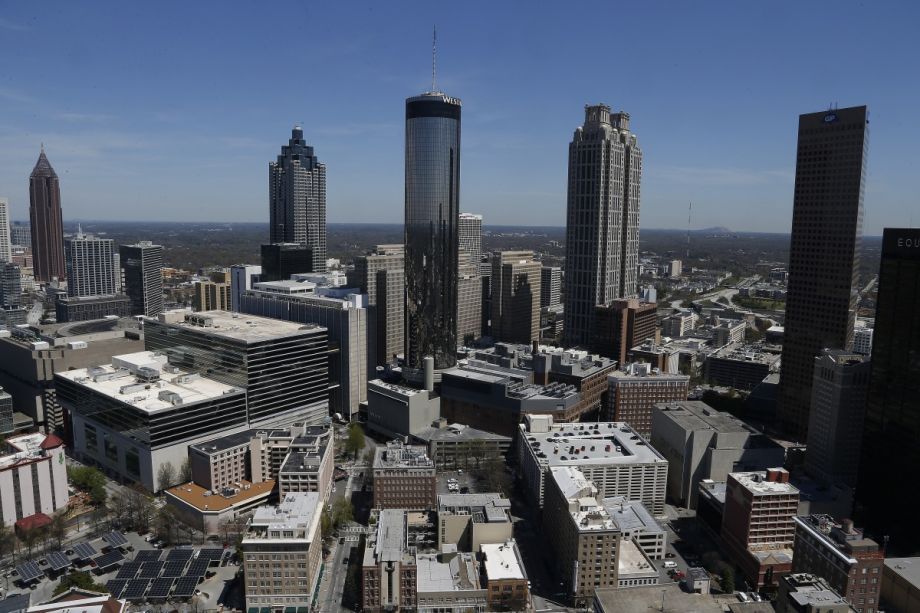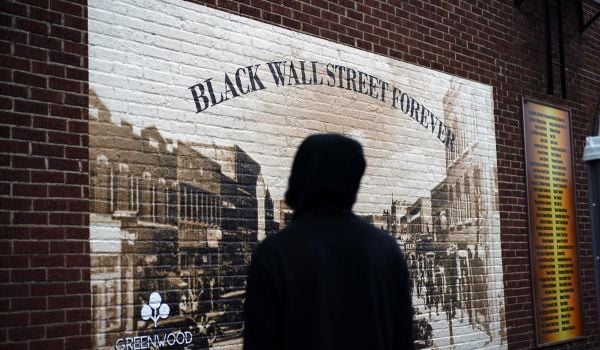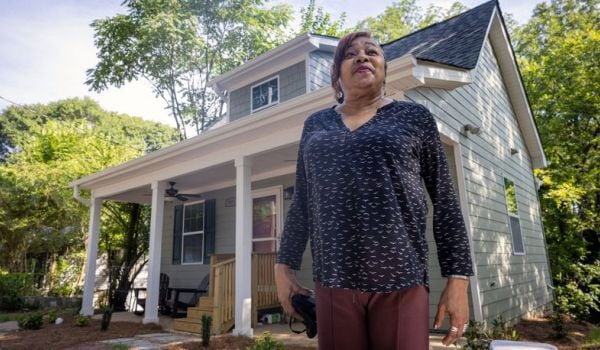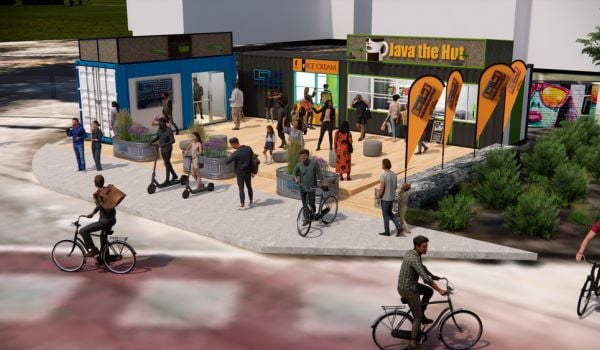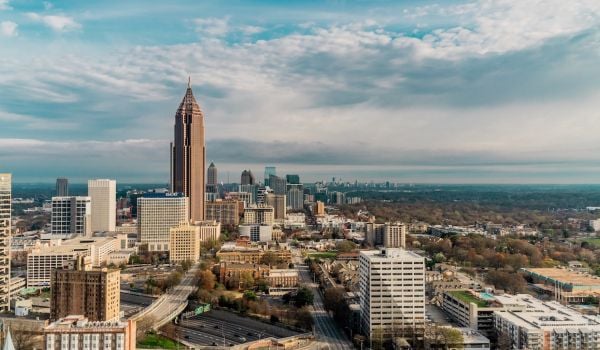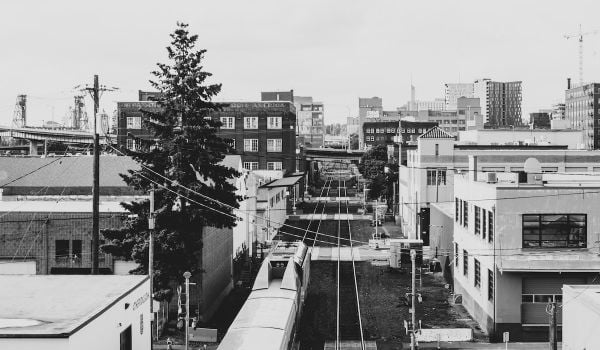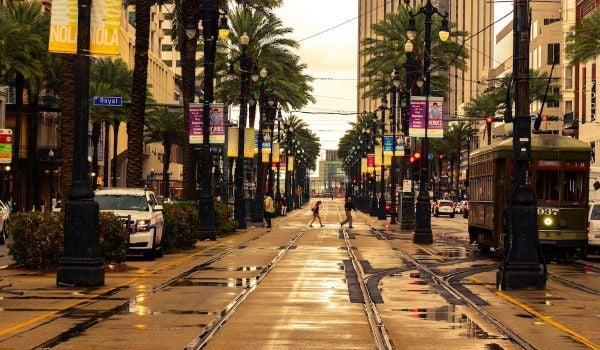Every metro area in America is attempting to compete with Silicon Valley and New York City as an attractive home for startups. It takes a snowball effect of private and public investment to establish a regional tech hub, but what if one of the intangible components is making sure there are auxiliary spaces that foster a sense of community?
When J. Cornelius was looking to relocate his software company from Texas to the East Coast in 2008, Atlanta seemed like a natural choice. “Because of the large amount of colleges that are here, we figured there would be a lot of talent,” he comments. “Obviously the airport was great. The cost of living was the same. It just made sense.” That fall, the Athens, Georgia native set out to revive a dormant local meetup group, the Atlanta Web Design Group (AWDG), in order to enliven the sector’s sleepy social scene. In six years (he’s the group’s president), Cornelius has helped to grow AWDG to almost 3,000 members, while the tech and design communities in Atlanta have grown exponentially.
According to the City of Atlanta, the metropolitan area is ranked 12th in the nation for tech startups. Mayor Kasim Reed has made nurturing the city’s technology sector a priority through business cultivation and events like Govathon.
J. Cornelius is now leading the charge to establish Polygon, Atlanta’s first event space focused specifically on servicing the tech, web and creative communities. He’s not researching prototypes in other cities because he sees Polygon as a site-specific opportunity, saying, “I have a passion for keeping people here and making Atlanta the tech hub of the South. And that doesn’t mean we want to make the next Silicon Valley, because we don’t. Silicon Valley is it’s own thing. Atlanta is it’s own thing. It just needs to be a better version of itself.”
Polygon will host meetups, workshops, hackathons and social events. Currently, tech meetup groups have been congregating at locations like the Portfolio Center, the Atlanta Tech Village, or donated space from corporate sponsors. These spaces have been useful, but the community has outgrown them. You get the feeling from talking with Cornelius that Atlanta’s sprawling cityscape has made it hard for the tech scene to coalesce. He additionally points out how spaces donated from for-profit companies are neither stable nor entirely neutral, saying, “It feels a bit disingenuous. It feels like you’re trying to horn in on a community and take advantage of it, whereas if they are supporting the community through sponsorship or holding events [at a space like Polygon], then it feels like they’re participating in a genuine manner.”
Support for the group has been given from the Georgia Department of Economic Development, Invest Atlanta, the Midtown Alliance, AIGA Atlanta, Coca-Cola, Adobe and more. Funding for rent and overhead has been secured, so that as soon as a space is found, Polygon will be up and running very quickly.
The ideal space that Cornelius and Polygon’s other sponsors are looking for will have ample parking, be centrally located near a highway and also public transportation. They are also hoping for a site that’s within walking distance from restaurants and bars, so that there’s a feeling of being more connected to Atlanta’s culture at large. “If you talk to any startup people, they’ll say that one of the best ways to start a business is to scratch your own itch,” Cornelius says, “It’s really just a function of getting people together, connecting them and letting them form their own relationships. From that, the whole community gets stronger.”
The Equity Factor is made possible with the support of the Surdna Foundation.

Alexis Stephens was Next City’s 2014-2015 equitable cities fellow. She’s written about housing, pop culture, global music subcultures, and more for publications like Shelterforce, Rolling Stone, SPIN, and MTV Iggy. She has a B.A. in urban studies from Barnard College and an M.S. in historic preservation from the University of Pennsylvania.


